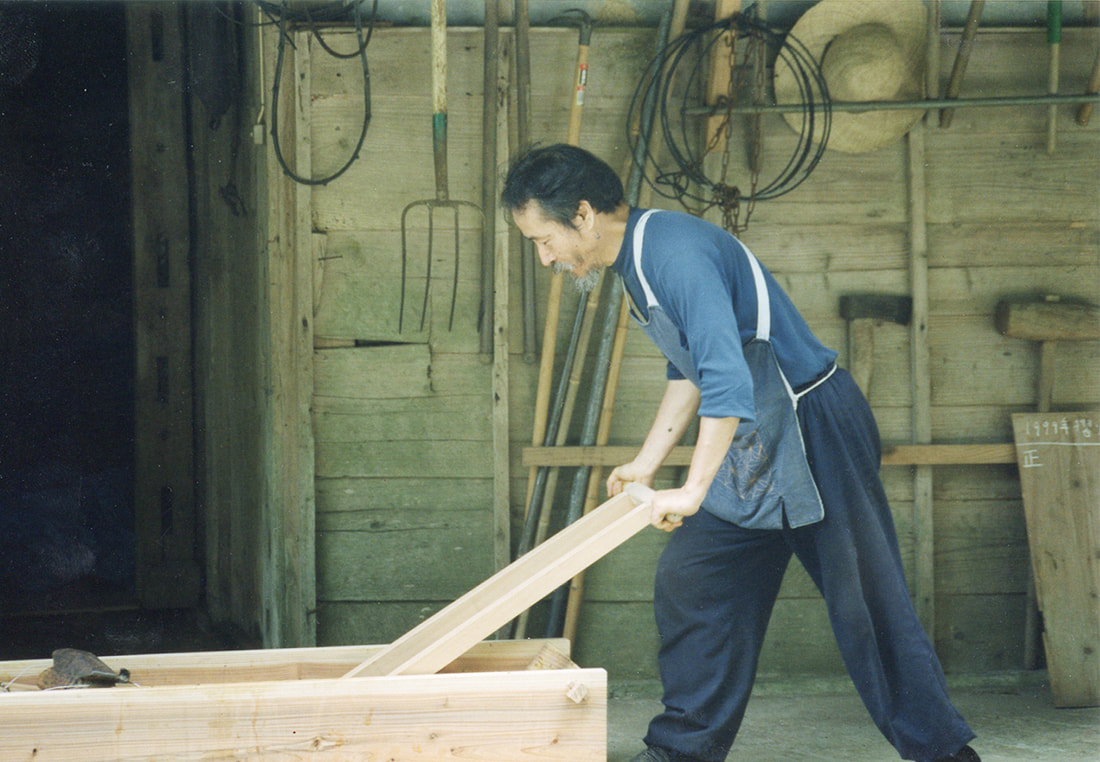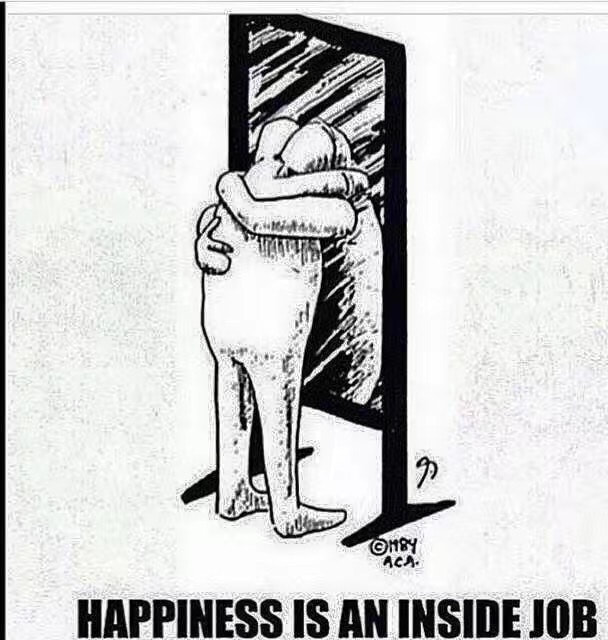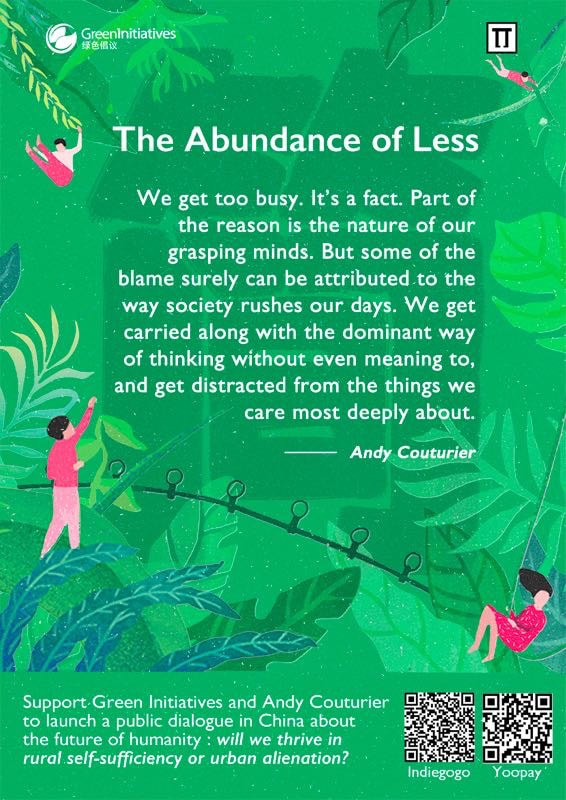I did not and still don’t understand what exactly happened then, something like transcendental meditation bursting its way into reality, the power of the controlled subconscious taking hold of my life or simply serendipitous coincidences. There is though this feeling that I have embarked on a project which combines something very personal about my life, a narrative which can only be told by me, to a problem which humanity at large suffers from. It is under such rare circumstances, when one can – in the words of neurologist Viktor Frankl - subject his life to a cause greater than oneself to find meaning. I felt that I had a calling which I needed to follow.
Now, before you start to shoot: I am aware that the truth is like always somewhere in between; but, and this but is very important, we live in societies which make it increasingly difficult to exert self-control over our lives. A flood of information inundates our minds, technological inventions and standards streamline how our bodies move; it is as if one truly must sever the ties with modern society in order to break free from negative outside influences.
While I collected data which shows that we experience in almost all industrialized societies an increase in drug and medication abuse, a rise in burn out and ADHD diagnosis, and above all an epidemic of suicides and suicide attempts, I found in spring 2016 a beautiful book, which showed a solution to all this and which I read as a preparation for our first journey to Japan.
Its author, Andy Couturier, did not waste time trying to confirm my above assumptions through academic analysis. He seemed to agree with Jiddu Krishnamurti, that its no measure of health to be adjusted to a profoundly sick society, and set out to profile like an applied social psychologist ten people who have built well balanced lives and radiate profound satisfaction. He talked to them about their values, about their lessons learned, about the things which make a good life.
The result is The Abundance of Less, a beautiful piece of writing, a stunning catalogue of sustainable living, a guidebook on how to regulate our interaction with society at large, a manual for an efficient economy of the self and of how to adjust one’s behavior to a world which offers many choices but pressures us unconsciously into enslavement.
I calculated that at most three people would read my PhD thesis, me and two supervisors, before it would – if printed - be dumped in the university archive. It felt as if four years of my life and the demanded analytic rigor was a too high price to pay for no result but me obtaining a degree. The support of an existing and well written book seemed to heed the probability of creating more impact with less effort. So, I sent probably a year ago an email to Andy and asked him if he would like to come to China on a book reading tour which I would organize for him with Green Initiatives, a nonprofit which I had started to advise on strategic matters. Well, you guess, Andy agreed and I am pretty thrilled to present to you The Abundance of Less – Goes to China!
If you have stayed with me until here, please do scan the QR code on the flyer and obtain more information on the project there. But most importantly, support this crowd funded project with a small donation. Believe me, you do something important. And, if you have a few minutes left, then forward this and the flyer to your three best friends.


